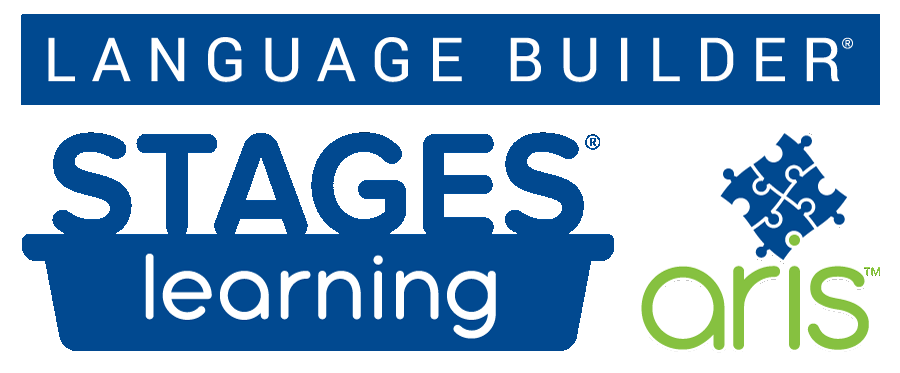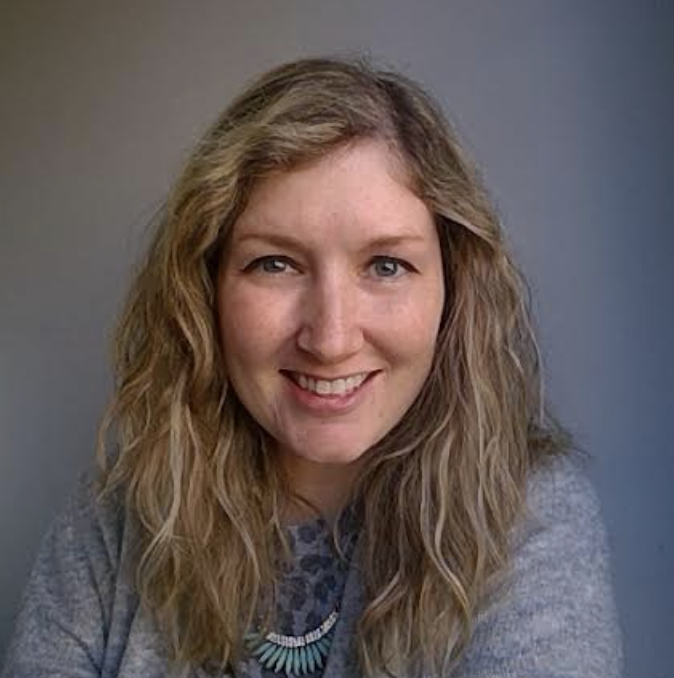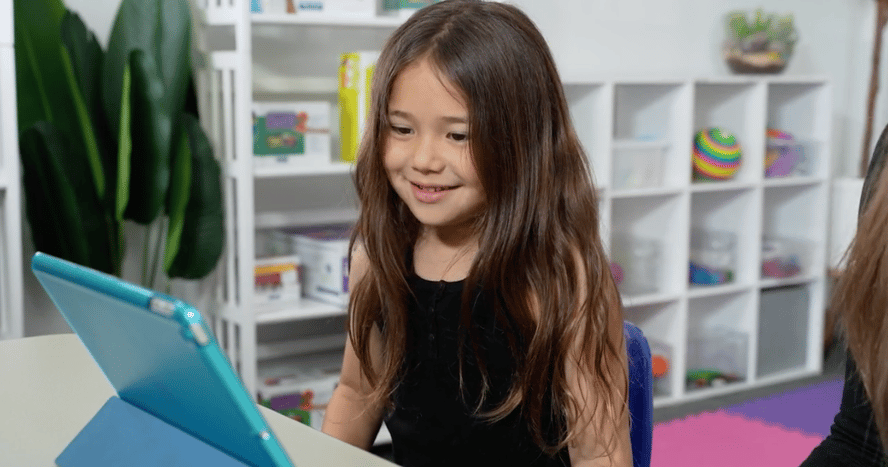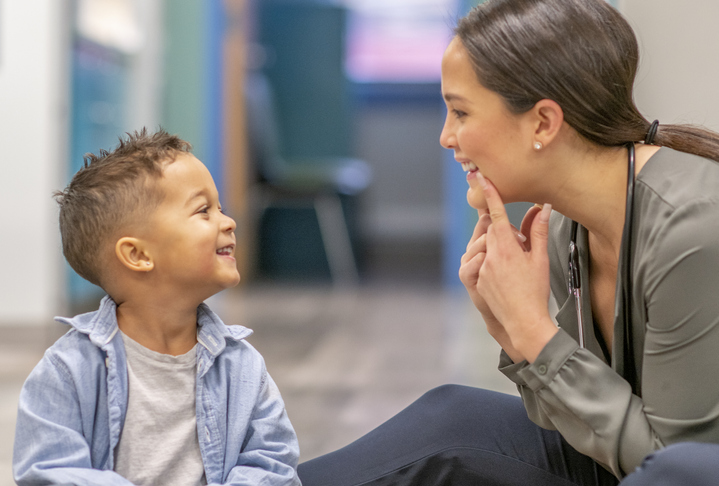
Everything You Need to Know About Starting a Career as an SLP
There is a growing need for SLPs in the U.S. SLPs work in a variety of settings including private practice, public and private schools, hospitals, specialist offices, and nursing and residential care facilities. New opportunities for SLPs include working via teletherapy to serve multiple school or clinic settings as an independent contractor or as part of a team of specialists serving autistic individuals and those with other special needs.
From the beginning of our lives, we start to use behavior to communicate our wants and needs. Being unable to appropriately communicate those, along with feelings or thoughts, can be incredibly frustrating for autistic students. One professional trained to expertly address communication disorders and challenges is a Speech Language Pathologist (SLP).
What is an SLP?
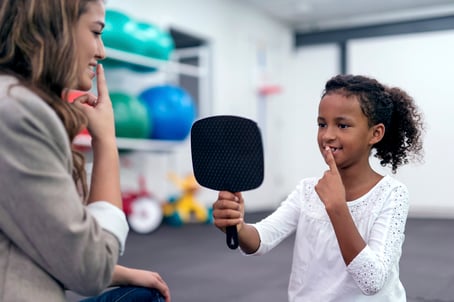 A Speech Language Pathologist is a professional who works with people of all ages, newborn to elderly, on a variety of skills with students on all types of language components including:
A Speech Language Pathologist is a professional who works with people of all ages, newborn to elderly, on a variety of skills with students on all types of language components including:
-
Articulation:
This involves the way we say words and sounds. SLPs work to make sure students are intelligible and coherent to unfamiliar listeners. -
Language:
SLPs work to help students understand what they’re hearing or receiving and to use their own words or a communication system to express their thoughts. -
Social Skills or Pragmatics:
This is a huge area for autistic students—understanding the give and take in a conversation, how to “code switch” based on the individual and setting, and using whole-body listening techniques are just some of the knacks SLPs teach under this category. -
Literacy:
It is not unusual for someone with language disorders to also struggle with literacy skills like comprehension, reading, or spelling. -
Voice:
SLPs can help students work on their tone, volume, and clarity. -
Fluency:
SLPs work to ensure students’ speech flows when they speak and that they avoid stuttering. -
Executive Functioning:
This involves memory, attention, problem-solving, planning, and organization— typically executive function is a tremendous area of focus for autistic students. -
Feeding and Swallowing:
Some of the students an SLP works with may have trouble chewing, sucking, or swallowing food and liquids. Therapy can help. SLPs can conduct assessments, diagnose, treat, and provide proactive support for their students in areas related to communication and swallowing disorders.
What will day-to-day work look like?
Day-to-day work may vary a bit with the setting, but SLPs may conduct individual or group sessions depending on the specific skills being worked on. Under regional or territorial contracts, teletherapy can be an asset to reduce travel time and still serve students in remote locations.
-
Student Sessions:
A tremendous amount of time is spent working directly with students—whether individually or within a small group. Typically, sessions done individually may be more personalized like the skills being taught, whereas pragmatics and social skills (after being introduced individually), make a lot of sense to practice in a small-group setting such as an Intrapersonal Skill Class, lunch bunch, or playgroup.
-
Assessments and Data Analysis:
Important components in developing a speech regimen for students include knowing where students are on specific scales or charts, the amount of progress gained, and suggested next steps. For all the progress monitored -- annual individual education plan (IEP) or three-year evaluation -- assessments drive decisions related to goals, planning, and interventions.
-
Collaboration and Training:
To encourage generalization, SLPs need to work with a lot of different individuals to make sure communication strategies are implemented with fidelity across settings. This can be done with frequent meetings, formal and informal training, observations, and modeling to ensure that all team members know and can run the plan for the student.
Speech Language Pathologists generally have a fairly large caseload of at least 20 students, so days are very full of jumping from student to student to meet needs.
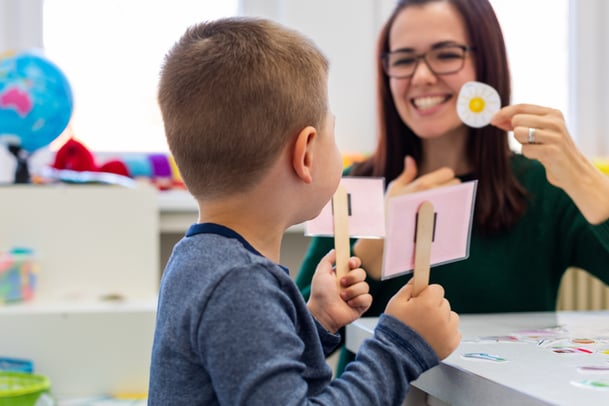
What are typical salaries?
Though varying by experience level and region, the average annual U.S. salary for a SLP is about $80,000. Depending on the unique job and specific responsibilities, there is potential to earn much more. One particularly lucrative option for a higher salary would be using teletherapy in a private practice or through a clinic. In this way, SLPs could meet the country’s high demand for autism services across densely populated regions even if they do not live in a metropolitan area.
What kind of jobs are available?
Speech Language Pathologists can work in a variety of settings and may have some travel between schools or facilities they serve if not utilizing teletherapy. Some of the most common work settings include:
- Private practices
- Public and private schools
- Hospitals
- Offices of physical, occupational, speech therapists, and audiologists
- Nursing and residential care facilities
- Self-employed workers
What does the future look like for SLPs?
The U.S. Bureau of Labor Statistics anticipates job growth for SLPs to increase by 25% over the next 8 years as Baby Boomers grow older and need communication support and as the need for autism support continues.
What kind of education do SLPs need?
It takes at least a master’s degree for this career. Depending on the state you plan to practice in, there may also be a licensure requirement.
The following schools and programs were listed by US News as being the highest-rated programs for Speech-Language Pathology based on a survey of academics conducted at peer institutions. The schools were rated 1-5 with 5 being outstanding; only schools rated 4.0 or higher are included below:
- Vanderbilt University (Tennessee)
- Northwestern University (Illinois)
- Purdue University- West Lafayette (Indiana)
- University of Pittsburgh (Pennsylvania)
- University of Wisconsin—Madison
- University of Arizona
- University of Iowa
- University of Kansas
- University of North Carolina—Chapel Hill
- Boston University (Massachusetts)
- Indiana University
- MGH Institute of Health Professions (Massachusetts)
- University of Texas—Austin
- University of Texas—Dallas
- University of Washington
- Arizona State University
- Ohio State University
- Rush University Medical Center (Illinois)
- University of Maryland—College Park
A career as an SLP brings many options to work with a variety of clients of varying ages and disabilities, depending on your passions and interests. It seems as though there will be no shortage of jobs in the future and that SLPs can make a very livable salary. Furthermore, the satisfying work is in a profession that meets humans’ most basic needs—communication and feeding or swallowing. These are important to survival and a higher quality of life.
After you’ve had a chance to take a closer look into what it would mean to work as a Speech Language Pathologist, what else would you like to learn more about? You could follow up with the sources below or let us know your experience in pursuing work or education as an SLP.
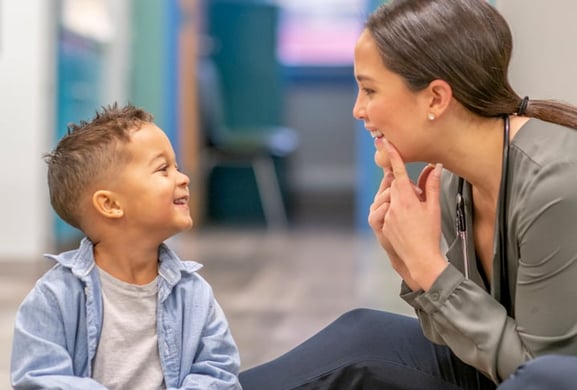
References:
https://www.asha.org/public/who-are-speech-language-pathologists/
https://www.bls.gov/ooh/healthcare/speech-language-pathologists.htm
https://www.usnews.com/best-graduate-schools/top-health-schools/pathology-rankings
